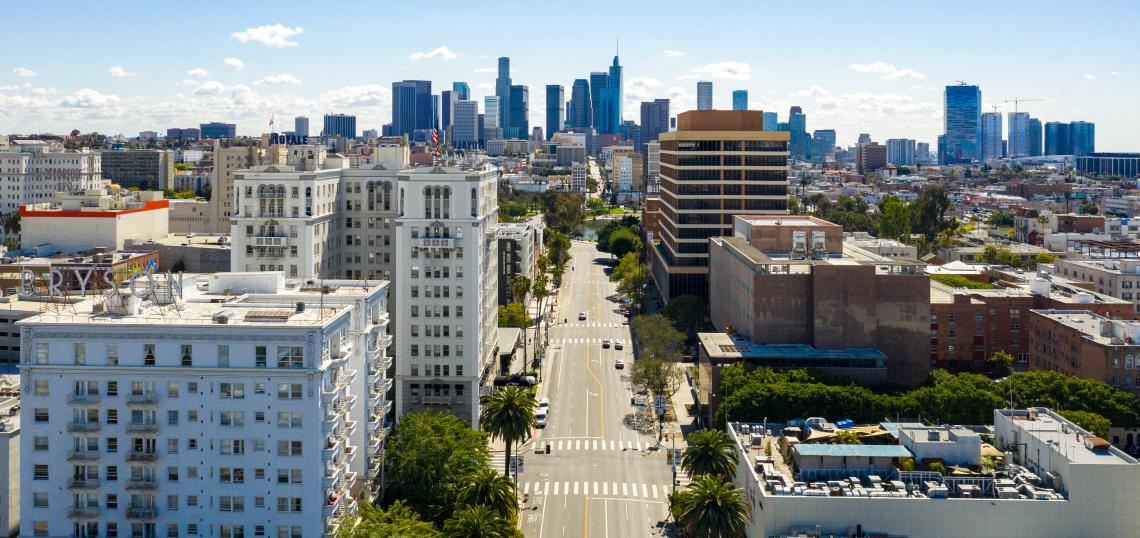With construction deemed essential during the citywide "Safer at Home," order, work has continued at many building sites across Los Angeles - though with new regulations to account for the outbreak of coronavirus. But change may be on the horizon.
Faced with a deluge of complaints about noise and vibration from Angelenos sheltering in place, 5th District Councilmember Paul Koretz has proposed temporary limits on construction hours during the COVID-19 emergency. In a motion introduced this week, Koretz calls revisions to Section 41.40 of the Los Angeles Municipal Code, which regulates allowable construction and demolition hours in residentially-zoned areas.
Currently, construction in residential and multi-family residential zones areas are permitted during the following hours:
- Monday - Friday: 7 am to 9 pm
- Saturday and Holidays: 8 am to 6 pm
- Prohibited Sundays
Koretz's proposed revision would modify the allowable construction hours as follows:
- Monday - Friday: 9 am to 9 pm
- Saturday and Holidays: 9 am to 6 pm
- Sundays prohibited.
An attempt to adopt the motion at the April 7 meeting of the City Council was shot down after other Councilmembers expressed concerns that Koretz's proposal was overly broad. The motion was verbally amended to exempt projects such as hospitals, affordable housing, supportive housing, homeless shelters, and infrastructure.
The amended motion will be considered at a future meeting of the City Council.
Another member of the City Council, 7th District representative Monica Rodriguez, seeks to use the current state of emergency as an opportunity to accelerate certain projects.
Following in the footsteps of the City of Beverly Hills, which has taken advantage of light traffic conditions to accelerate work on the Purple Line subway extension, Rodriguez has pushed for the Bureau of Engineering, Department of Transportation, Department of Water and Power, and Bureau of Street services to reprioritize capital project schedules that may be accelerated through the use of full street closures.
Rodriguez points to utility and telecommunications projects as potential beneficiaries of her proposal.






